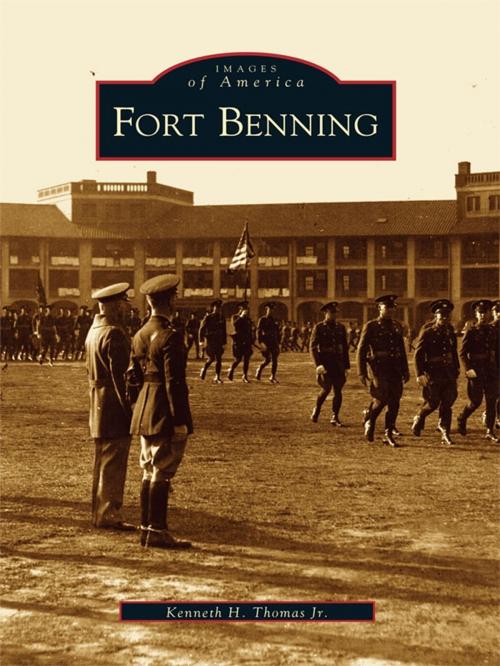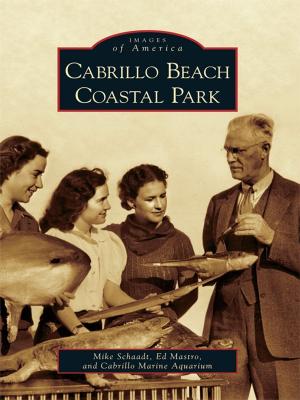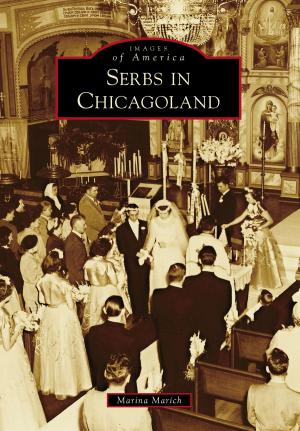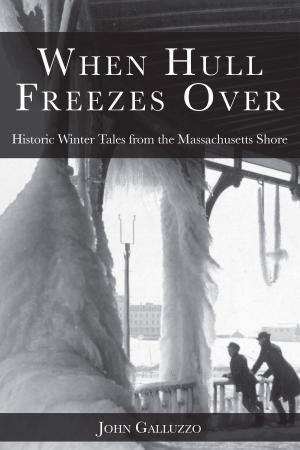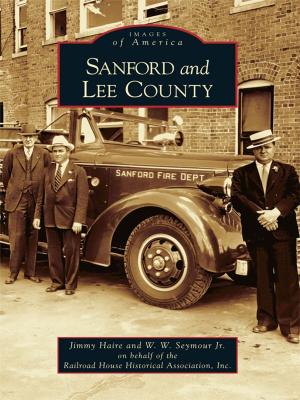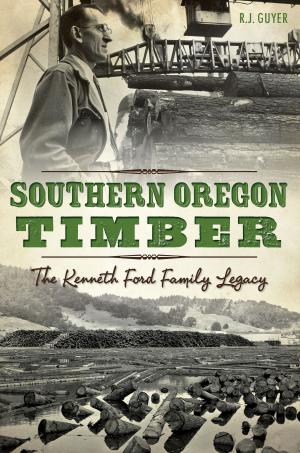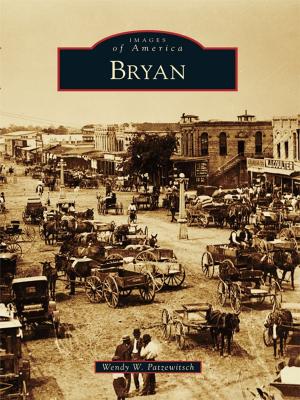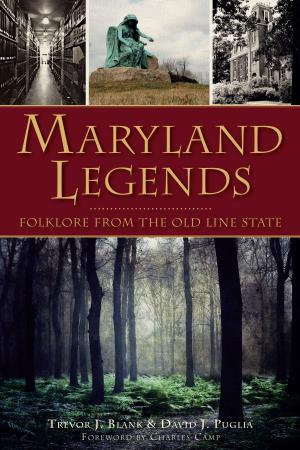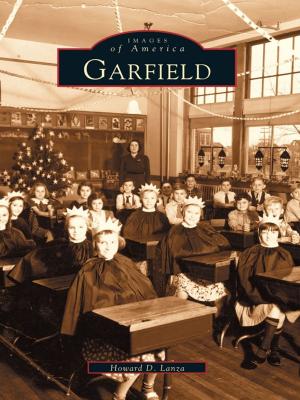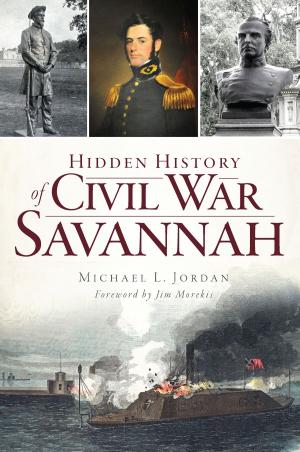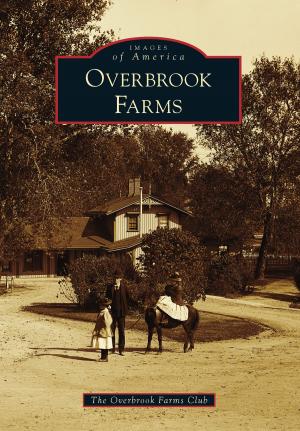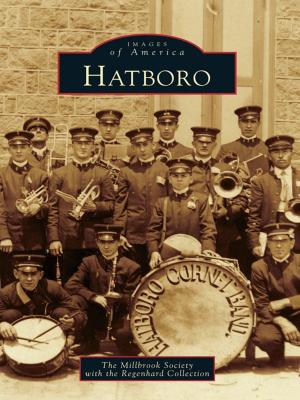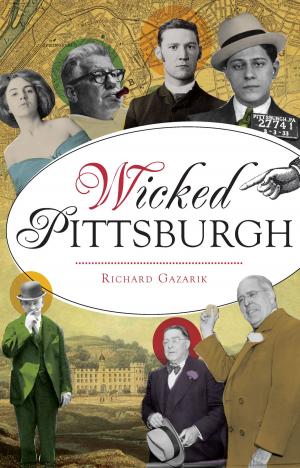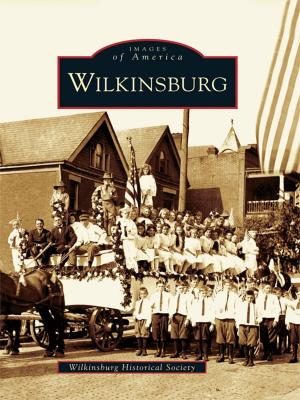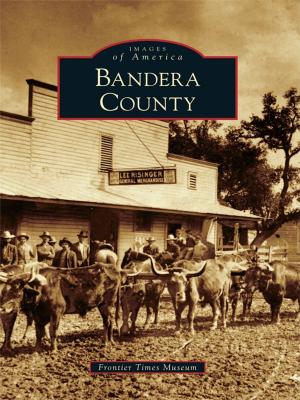Fort Benning
Nonfiction, History, Military, Pictorial, Travel, Museums, Tours, & Points of Interest, United States| Author: | Kenneth H. Thomas Jr. | ISBN: | 9781439612453 |
| Publisher: | Arcadia Publishing Inc. | Publication: | September 10, 2003 |
| Imprint: | Arcadia Publishing | Language: | English |
| Author: | Kenneth H. Thomas Jr. |
| ISBN: | 9781439612453 |
| Publisher: | Arcadia Publishing Inc. |
| Publication: | September 10, 2003 |
| Imprint: | Arcadia Publishing |
| Language: | English |
Established outside Columbus, Georgia in October 1918 by the United States Army as Camp Benning, the base was moved to its permanent location, nine miles south, in June 1919. In 1922, the post was made permanent and was named Fort Benning. Created as the new location of The Infantry School of Arms, Fort Benning became the training post for many of the country's future leaders, as well as a major part of the military experience for hundreds of thousands of American soldiers.
The post's current size, more than 180,000 acres, has long made it recognized as one of the largest infantry bases in the world. Named for Gen. Henry L. Benning of Columbus, the installation has had a major impact on the economic and social life of nearby Columbus. Images of America: Fort Benning features vintage photographs and postcards, mostly from 1918 to 1978, showcasing the first 60 years of the base's 85-year history. Included are scenes of the temporary encampment on Macon Road and the early wooden encampment on the Main Post. The permanent buildup from the late 1920s to the early 1940s is shown in photographs of The Infantry School, the Officers' Club, Main Post Chapel, Doughboy Stadium, Gowdy Field, the Jump Towers, Lawson Field, the Cuartel Barracks, and the officers' quarters, as well as Riverside, the Commandant's Home, formerly the Bussey Plantation. Activities and events include military reviews, visits of presidents, and the National Infantry Museum's dedication. Generals who served there and are featured include Bradley, Eisenhower, Marshall, and Patton.
Established outside Columbus, Georgia in October 1918 by the United States Army as Camp Benning, the base was moved to its permanent location, nine miles south, in June 1919. In 1922, the post was made permanent and was named Fort Benning. Created as the new location of The Infantry School of Arms, Fort Benning became the training post for many of the country's future leaders, as well as a major part of the military experience for hundreds of thousands of American soldiers.
The post's current size, more than 180,000 acres, has long made it recognized as one of the largest infantry bases in the world. Named for Gen. Henry L. Benning of Columbus, the installation has had a major impact on the economic and social life of nearby Columbus. Images of America: Fort Benning features vintage photographs and postcards, mostly from 1918 to 1978, showcasing the first 60 years of the base's 85-year history. Included are scenes of the temporary encampment on Macon Road and the early wooden encampment on the Main Post. The permanent buildup from the late 1920s to the early 1940s is shown in photographs of The Infantry School, the Officers' Club, Main Post Chapel, Doughboy Stadium, Gowdy Field, the Jump Towers, Lawson Field, the Cuartel Barracks, and the officers' quarters, as well as Riverside, the Commandant's Home, formerly the Bussey Plantation. Activities and events include military reviews, visits of presidents, and the National Infantry Museum's dedication. Generals who served there and are featured include Bradley, Eisenhower, Marshall, and Patton.
